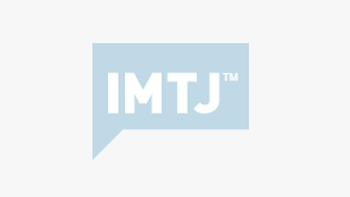Google has announced that it plans to “retire” Google Health in January 2012. It’s a blow to those in the medical tourism world who had grand plans for the “global patient record” and who were using the Google health record as the model or template for this.
Google has announced that it plans to “retire” Google Health in January 2012. It’s a blow to those in the medical tourism world who had grand plans for the “global patient record” and who were using the Google health record as the model or template for this.
Back in 2007, Google announced Google Health with the words: “By digitizing health records and giving control over them to the patients, they will be able to make better informed decisions. With health records stored in a central server, patients will be able to access them from anywhere, whether they move to a new city or are traveling while on vacation, so that, in an emergency, unfamiliar health care providers can get a comprehensive view of their health history” (Source: ABC news – Google Moving Forward on Health Initiative).
In withdrawing the system, Google says that Google Health “didn’t scale as we had hoped…. we’ve observed that Google Health is not having the broad impact that we hoped it would”
What factors have driven Google to abandon Google Health and is there a message here for the concept of the “global health record” in the medical tourism world?
Here are some of the factors that have been put forward for the failure of Google Health:
- Slow rate of adoption: i.e. there wasn’t a market need. People aren’t that bothered about maintaining their health record online and couldn’t see it fulfilling a need. So, is there a real need for a “global patient record” in the medical tourism sector? Do we really a need a system whereby a patient’s record can be transferred from country A to country B in a common electronic format? The honest answer…probably not. I can’t think of an instance of an electronic patient record which is exchangeable between multiple providers and multiple systems AND which gets used extensively which exists within one country, let alone internationally. The “global patient record” is a great concept…..but a long way from reality.
- No revenue stream: The problem Google faced was how could they monetise (and this pay for) Google Health. They said they wouldn’t place advertising on the records. They considered aggregating the data and selling it on to pharma companies… but it was never going to achieve sufficient scale. So, in the medical tourism model, who pays for the electronic patient record system…. the development, the storage of the data, the security?
- Complexity of the market: Many businesses and people get involved in the healthcare sector without appreciating the complexity of the market and the effort required to achieve adoption of a new concept. To make Google Health work, required Google to develop relationships with a multitude of stakeholders. The same may be true of the global health record in medical tourism – a highly fragmented market with a multitude of providers and players.
So does Google Health’s demise open the door for Microsoft’s HealthVault? We can only wait and see.
For additional perspectives on why Google Health died a death:
- Google Health: Why It’s Ending & What It Means
- RIP Google Health








 ©2024 All rights reserved LaingBuisson
©2024 All rights reserved LaingBuisson 


